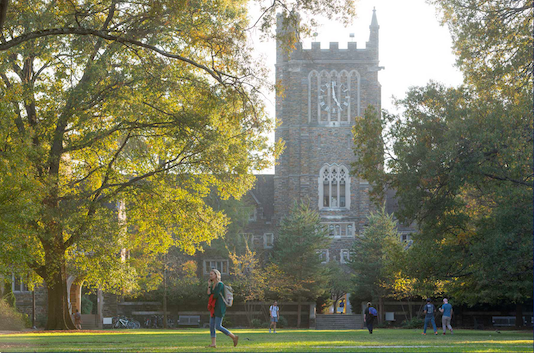Taming sulfur dioxide for synthesis and catalysis

Sulfur dioxide has a long history as a reagent for organic synthesis. For example, it is known to take part in a number of distinct pericyclic processes, it is exploited in the synthesis of aromatic sulfonyl chlorides, in co-polymerization with alkenes and in alkene isomerization reactions. In addition, the electrophilic nature of sulfur dioxide has seen it utilized in the synthesis of sulfinates, and related sulfones, from combination with nucleophilic organometallic species such as Grignard reagents and organolithiums. Despite this varied reactivity profile, and the corresponding range of compounds that can be prepared, the number of applications of these reactions in synthesis is arguably lower than would be expected. One reason for this is presumably the difficulties associated with the handling and use of a toxic gaseous reagent. Examples of applications of sulfur dioxide as a reagent in catalytic processes are even more scarce. This talk will demonstrate the utility of the charge transfer complex, DABCO-bis(sulfur dioxide), as a bench-stable solid reagent that can function as a sulfur dioxide surrogate in a number of processes. In addition we will also show how use of the same charge transfer complex has allowed the developed of several new palladium-catalyzed processes that introduce SO2-functionality. (Hosted by Professor Qiu Wang.)







